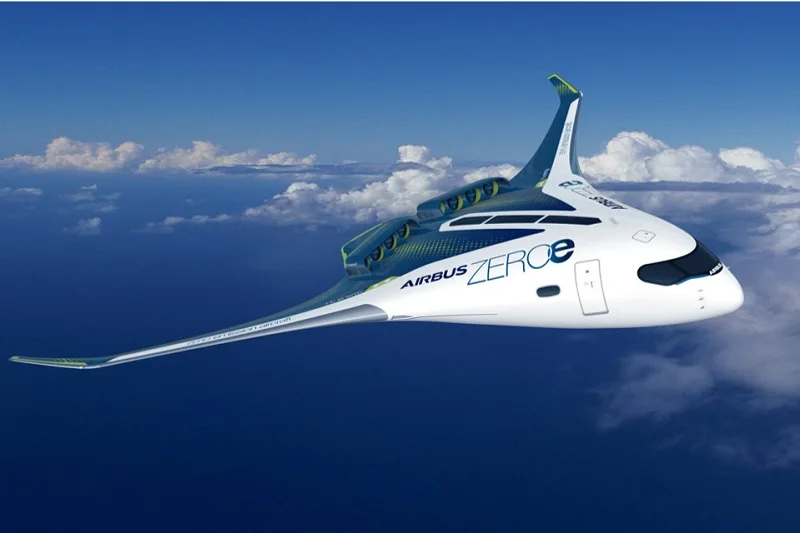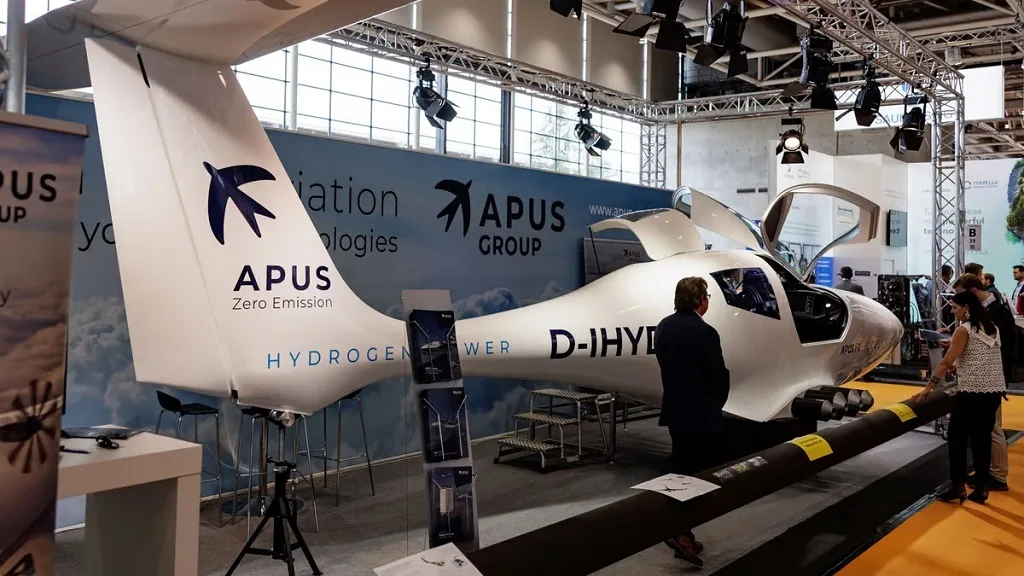
Hydrogen-Powered Aircraft Tech Review
Hydrogen-powered aircraft are emerging as a groundbreaking innovation in the aerospace industry. This technology, which has seen significant developments in recent years, aims to revolutionise air travel by reducing carbon emissions and enhancing fuel efficiency. The concept of using hydrogen as a fuel source dates back to the mid-20th century, but it gained substantial attention only recently, due to the growing demand for sustainable aviation solutions.
What is Hydrogen-Powered Aircraft Technology?
Hydrogen technology is based on using hydrogen fuel cells to produce electricity that powers the aircraft’s engines. This process is much cleaner compared to conventional fossil fuels, as it emits only water vapour. Hydrogen can be stored in either liquid or gaseous form and is burned in modified engines or converted into electricity using fuel cells. The latest developments in hydrogen storage and fuel cell technology have made it possible for hydrogen-powered aircraft to become a viable option for commercial aviation.
How Hydrogen-Powered Aircraft are Structured and How They Work
The primary advantage of hydrogen-powered aircraft lies in their potential to significantly reduce carbon emissions. Traditional jet fuel releases a large amount of CO2 and other pollutants into the atmosphere, contributing to climate change. Hydrogen, on the other hand, produces no carbon emissions during combustion or in fuel cell operation, making it an ideal alternative for achieving zero-emission flights. Furthermore, hydrogen fuel is abundant and can be produced from renewable energy sources, ensuring a sustainable supply.
Problems Hydrogen-Powered Aircraft are Designed to Solve
The environmental impact of aviation has been a growing concern, with traditional aircraft contributing significantly to global carbon emissions. Hydrogen-powered aircraft offer a solution to this problem by providing a cleaner, sustainable alternative to fossil fuel-powered planes. Additionally, the use of hydrogen reduces dependency on oil, which is a finite resource, thereby promoting energy security and diversification.

Current Usage of Hydrogen-Powered Aircraft
Currently, hydrogen-powered aircraft are in various stages of development and testing. Several prototypes have been successfully tested, showcasing the viability of this technology. Companies like Airbus and Boeing are leading the way in developing hydrogen-powered aircraft, with plans to introduce them into commercial service in the next decade. Additionally, smaller aircraft manufacturers and startups are exploring this technology for regional and short-haul flights, which could become operational even sooner.
The Future Potential of Hydrogen-Powered Aircraft
The future of hydrogen-powered aircraft looks promising, with substantial investments and research dedicated to overcoming current challenges. As technology advances, hydrogen-powered aircraft could become a mainstream option, transforming the aviation industry and contributing significantly to global carbon reduction goals. With further innovation, these aircraft will likely play a crucial role in the sustainable future of air travel.
